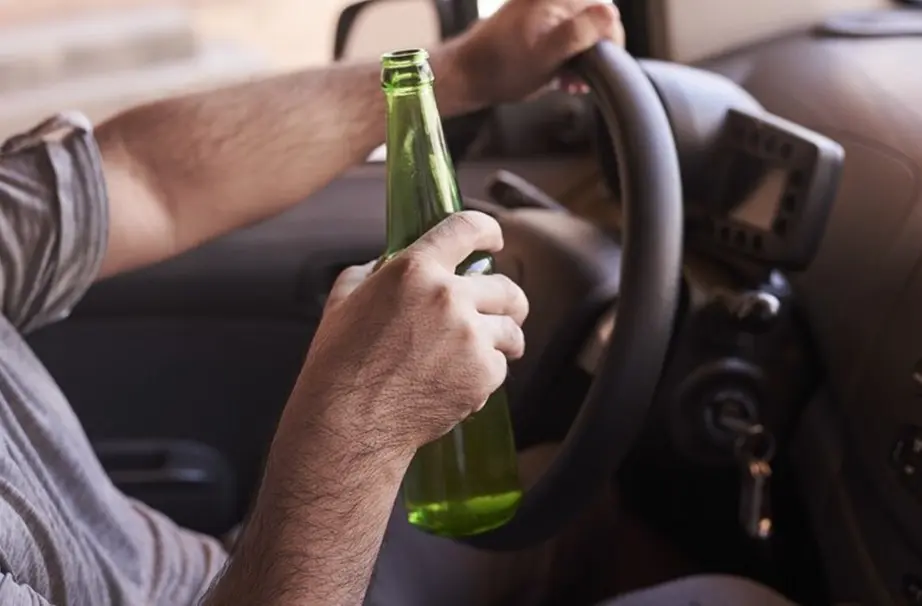Driving under the influence (DUI) is among the riskiest actions one may take when operating a motor vehicle. It’s a serious criminal offense in nearly every jurisdiction worldwide and a significant public safety issue. Every time a driver gets behind the wheel while impaired, they risk causing irreversible harm to themselves and others.
Lawmakers and enforcement agencies continue to stress the dangers of drunk driving, not only because of its prevalence but because of the life-altering consequences it can carry.
1. Impaired Judgment and Decision-Making
Alcohol impairs the brain’s ability to process information and make sound decisions, which is a major legal concern behind DUI laws. An intoxicated driver may misjudge distances, miss traffic signals, or miscalculate the speed of oncoming vehicles. These errors often result in reckless actions such as unsafe lane changes or failing to yield at intersections.
If you’ve been affected by such negligence, it’s crucial to contact drunk driving accident lawyers who understand how traffic laws protect victims and hold impaired drivers accountable.
2. Delayed Reaction Times
One of the most dangerous effects of alcohol consumption is the slowing of reflexes. A driver under the influence can react less to sudden changes, such as a vehicle braking ahead or a pedestrian stepping onto the road. Failure to maintain proper vehicle control due to impairment is often grounds for criminal liability.
Courts frequently consider this delayed response in determining fault in DUI-related accidents.
3. Poor Coordination and Motor Skills
Operating a vehicle requires precise coordination. Alcohol impairs muscle control, making it difficult to steer, brake, or maintain a proper lane position. In many jurisdictions, failure to keep a vehicle within the lane or the inability to perform simple physical tasks during a sobriety test is considered strong evidence of impairment. Law enforcement officers often cite poor coordination as a key indicator when making DUI arrests.
4. Compromised Vision and Perception
Drinking can distort a person’s vision, causing blurred or double sight. It can also reduce peripheral awareness, which is vital for safe driving. Impaired vision is particularly dangerous at night or in poor weather conditions, where judgment and attention are critical. Drivers are obligated to ensure they are in a physical and mental condition to drive safely. Ignoring this responsibility due to intoxication is a direct violation of that duty.
5. Overconfidence and Reckless Behavior
Alcohol often instills a false sense of confidence. This psychological effect can lead drivers to engage in excessively risky behavior, such as speeding or aggressive overtaking. From a legal standpoint, these actions constitute reckless driving, which carries severe penalties, especially when combined with DUI charges. The combination of recklessness and impairment magnifies the danger and the legal consequences.
6. Higher Likelihood of Causing Accidents
Statistically, drunk drivers are significantly more likely to be involved in traffic collisions, including fatal ones. In legal contexts, this increased risk justifies harsher penalties and zero-tolerance policies in many regions. Laws are designed to punish impaired drivers and deter others by highlighting the tangible dangers they pose.
To Sum Up
Drunk driving isn’t just a lapse in judgment; it violates public trust and legal duty. The dangers posed by impaired drivers are not speculative; statistics, supported by legislation, back them and are tragically confirmed by real-life consequences. The law is clear: driving under the influence endangers lives and will be met with firm legal repercussions. Public safety depends on each driver’s decision to stay sober behind the wheel.
Also Read-NJ DUI Lawyer: Professional Defence Where It Counts The Most
